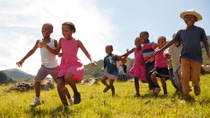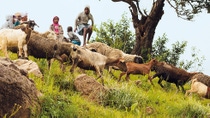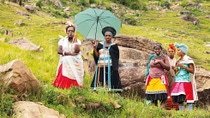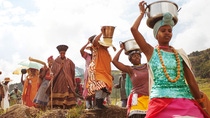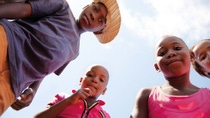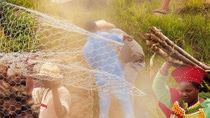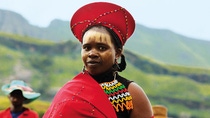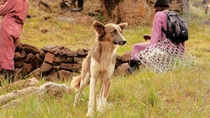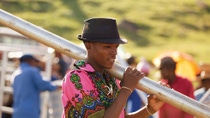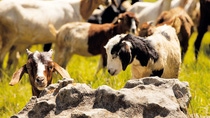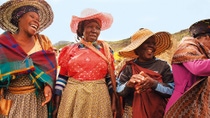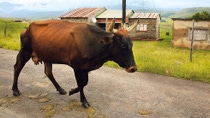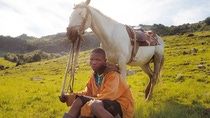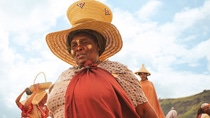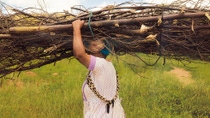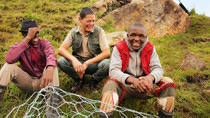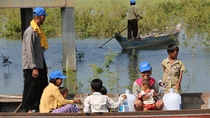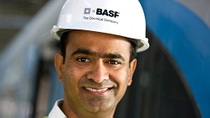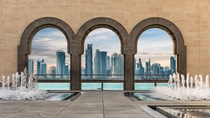Kim jesteśmy
Maximizing the Water Supply
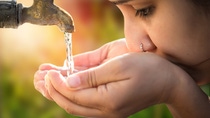
By 2025 it is estimated that half of the world’s population will lack access to safe drinking water. A sorry state of affairs considering that two thirds of our planet is covered by water. Which is where chemistry steps in. We have developed Sokalan® antiscalant which acts as a scale control dispersant. This means that the equipment that desalts the water can desalt longer, to ensure there is the maximum output of fresh water. When salt water can satisfy our thirst, it’s because at BASF, we create chemistry. Learn more
Working for Water
The Maloti-Drakensberg Mountains provide South Africa with 40% of its surface water. But this supply is seriously threatened by soil erosion caused by overgrazing. A few years ago, BASF Stiftung started a project with the United Nations Environment Programme, supported by BASF South Africa, to help local communities protect this water supply. They were able to ensure long term solutions to maintain water and control its quality, not simply by funding but by sharing expertise.
Behind the Scenes
We take you behind the scenes of our latest film, directed in South Africa by Miles Goodall, which explores the water supply activities of this project set up by BASF Stiftung and the United Nations Environment Programme.
More about Working for Water
South Africa’s water supply is fragile, with 50% of the nation’s water being provided by only 8% of the land area. This means that when this 8% is threatened, South Africa faces a serious problem. This is exactly what is happening in the Maloti-Drakensberg Mountains, which are responsible for 40% of South Africa’s water alone.
Soil erosion is posing a serious threat to the supply of water, not just to the local area, but also to the country as a whole. In response to this, BASF Stiftung partnered with the United Nations Environment Programme and the Department of Environmental Affairs of the Republic of South Africa to give thousands of people access to clean drinking water.
Teaching local communities how to control the grazing of their livestock and manage the land sustainably, as well as how to build structures to guard against soil erosion, ensured that the water supply and quality could be maintained well into the future.
